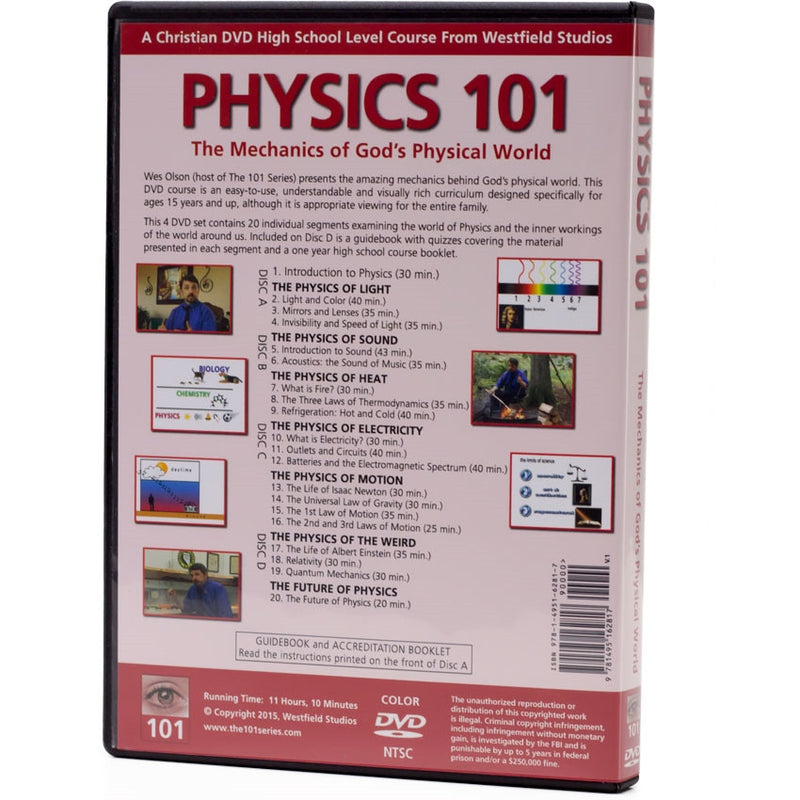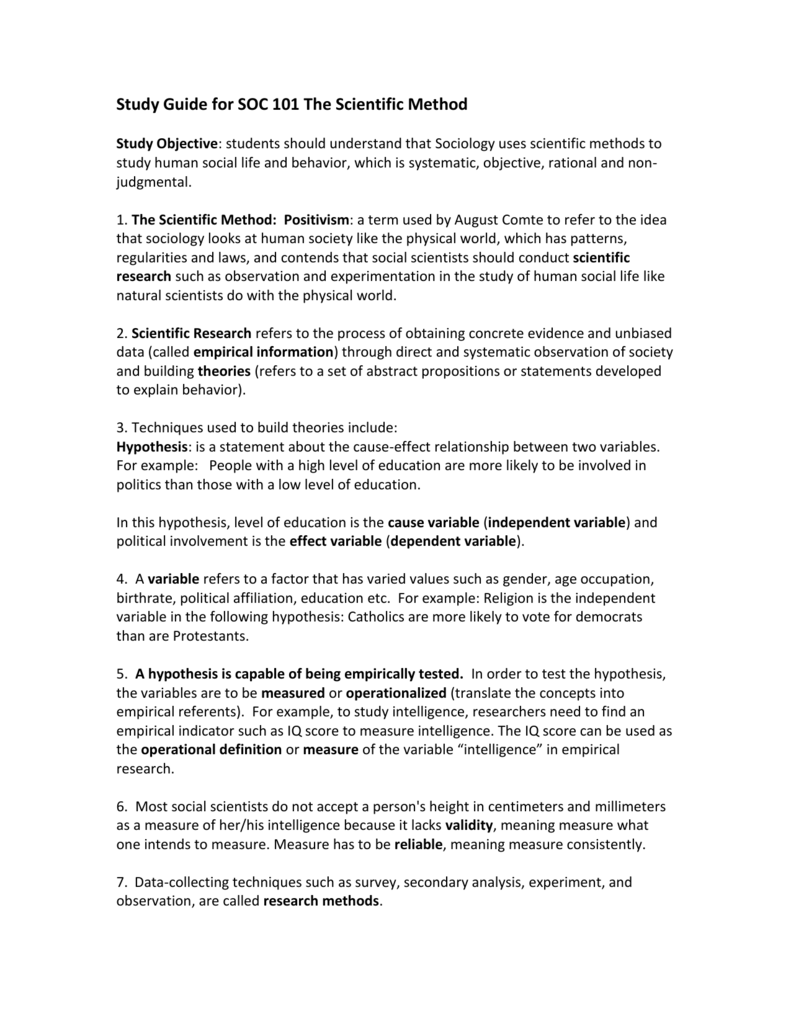

Try to keep up and if you fall behind, prioritize recovery
Physics 101 study guide how to#
) Tips on how to study physics effectively 1. (Oh, and if you need help drilling yourself on the most important facts, Brainscape-the world's smartest study app-has expert-curated collections of flashcards for AP Physics and Physics 101! More on that in a bit. So, with that said, here are five killer strategies for defeating my previous arch-nemesis science subject! These strategies aren't just my own, but are the product of decades of cognitive science research-yep, using science to help you learn science -as well as our many conversations with top students and professors in the realm of physics. (I mean, I'm assuming physics has you on the ropes if you're here reading this.) How did I turn it around? It took a significant paradigm shift in the way I thought about and studied physics.Īnd that's exactly what I'm going to teach you about in this article: five killer strategies for understanding and learning physics so much better than you do.

And yet I ended up with an advanced science education (and pretty decent exam scores in physics along the way). Barely clawed through it in high school, too. By email or hard copy.When I was in college, I totally bombed first-year physics. Focus your topic around one of the following general areas: Pick a topic of personal interest directly related to a topic we will cover in Physics 101. Identify a classmate(s) that you will work with on this project Part 1: Project Topic Proposal (up to 10% of project grade) Phy 101: Fundamentals of Physics Instructor: Tony Zable Project Guidelines page 2 Resources: additional research beyond the text 10% Poster Presentation during last week of class 70%ģ.

Pose/investigate/attempt to answer a physics-related question you have always wondered about.Ģ. The physics of weather-related and/or environmental phenomena. medicine, biology, geology, microelectronics, law enforcement, art). The physics of a topic in your profession or major (i.e. The physics of a process/phenomenon that always interested you (photography, sports, cooking, etc.). The subject of the project should be of interest to the group and preferably relate to your group’s background or life. In addition, the team will develop a question based on this topic and, since you will have established a question, attempt to answer it scientifically. The project involves working as a project team to research a topic that describes the physics of something pertaining to an outside the classroom setting. Most importantly, to learn something new, interesting, and FUN. To synthesize learned knowledge with critical thinking to develop practical application and derive meaning conclusions. To work as a team to confront a scientific problem and attempts to answer it. To perform original scientific (physics-related) research To develop an appreciation of how physics applies to the world outside the classroom. Phy 101: Fundamentals of Physics Instructor: Tony Zable Project Guidelines page 1


 0 kommentar(er)
0 kommentar(er)
